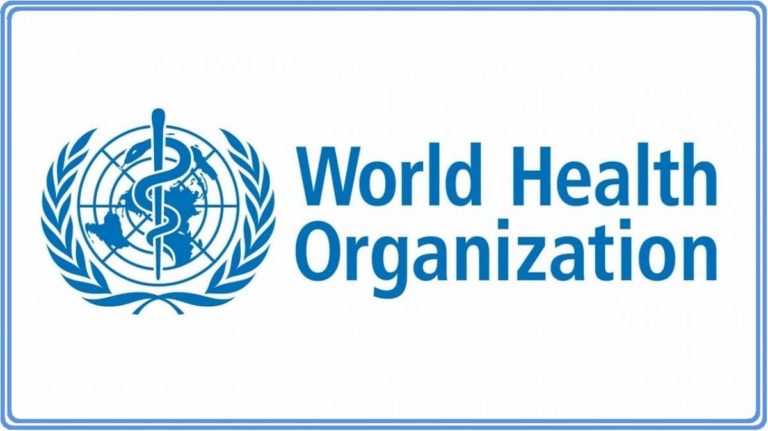
The World Health Organisation (WHO), has advised Nigerians to practice physical distancing and imbibe respiratory etiquette to keep safe from Coronavirus (COVID-19).
Dr Fiona Braka, Officer-in-Charge of World Health Organisation (WHO) in Nigeria gave the advice in an interview on Sunday in Abuja.
She stated that, physical distancing is one of the recommended strategies for preventing human to human transmission of COVID-19.
The WHO official also advised people to embrace good hygiene culture by washing their hands regularly with soap and water or clean with sanitisers.
READ ALSO: OPINION Analysis: Who qualifies for COVID-19 testing in Nigeria?
In addition, she said people should take extra precautions to avoid crowded areas, especially the elderly ones.
“If you are over 60-years-old, or if you have an underlying condition such as cardiovascular disease, diabetes, chronic respiratory disease, and cancer, you need to avoid crowded areas.
“If you think you have contracted COVID-19 or think you know someone who has. Please, call the Nigeria Centre for Disease Control (NCDC) or your local State health authority.
“Educate yourself about COVID-19; make sure your information comes from reliable sources like the WHO, NCDC, Ministries of Health, etc for information and guidance on COVID-19,’’ she said.
Braka emphasised the need for the people to take responsibility and proactive in taking preventive measures, adding that there is no vaccine and treatment for the virus.
“COVID-19 is a new disease and as such there are no ready vaccines available to be deployed in the control of the pandemic.
READ ALSO: Again! NCDC apologises over erroneous report on COVID-19 cases
“However, a lot of research and scientific work is ongoing to develop vaccines but these usually take time.
“It usually takes time to develop vaccines to ensure that it is safe for use in the wider population and also effective for control of the pandemic.
“Public safety is a key consideration in this process,’’ she said.
Braka added that WHO was not aware of vaccine for COVID-19 in Nigeria but that the agency had been working to verify some findings on the treatment of the virus.
“There is a large scientific study (clinical trial) involving many countries to review the effectiveness of some drugs for the treatment of COVID-19 going on at the moment.
“This result of this clinical trial will help understand the efficacy of these drugs and may inform the review of the case management guidelines,’’ she said.
The official, however, said the efforts of the Federal Government would help to curb the spread of COVID-19 in the country.
“Nigerian government through the NCDC and supported by WHO had developed a preparedness plan for COVID-19 and was implementing this plan when the first case was reported.
“A network of five COVID testing laboratories was set up before the confirmation of the first case.
“It has since been expanded to six additional laboratories over the past two weeks, making a total of 11 laboratories currently.’’
She said from the onset of the outbreak, WHO had developed clinical guidance with input from clinicians around the globe, including Nigeria.
“These resources include the updated Clinical Management Guidance for COVID-19 and the Clinical Care training materials.
“Also, the Global COVID-19 Clinical Data Platform—the data tool which makes it possible for WHO to collect core clinical data from hospitalised patients to inform understanding of COVID-19.
“The guidance is continually reviewed, as more evidence becomes available; the government has scaled up isolation facilities capacity at state level to ensure readiness to receive COVID patients,’’ she added.
Braka said all these helped with the containment of the first cluster of cases.
She said with the return of more Nigerians from countries where the outbreak was reported, more cases had been reported and these had been more challenging to contain.